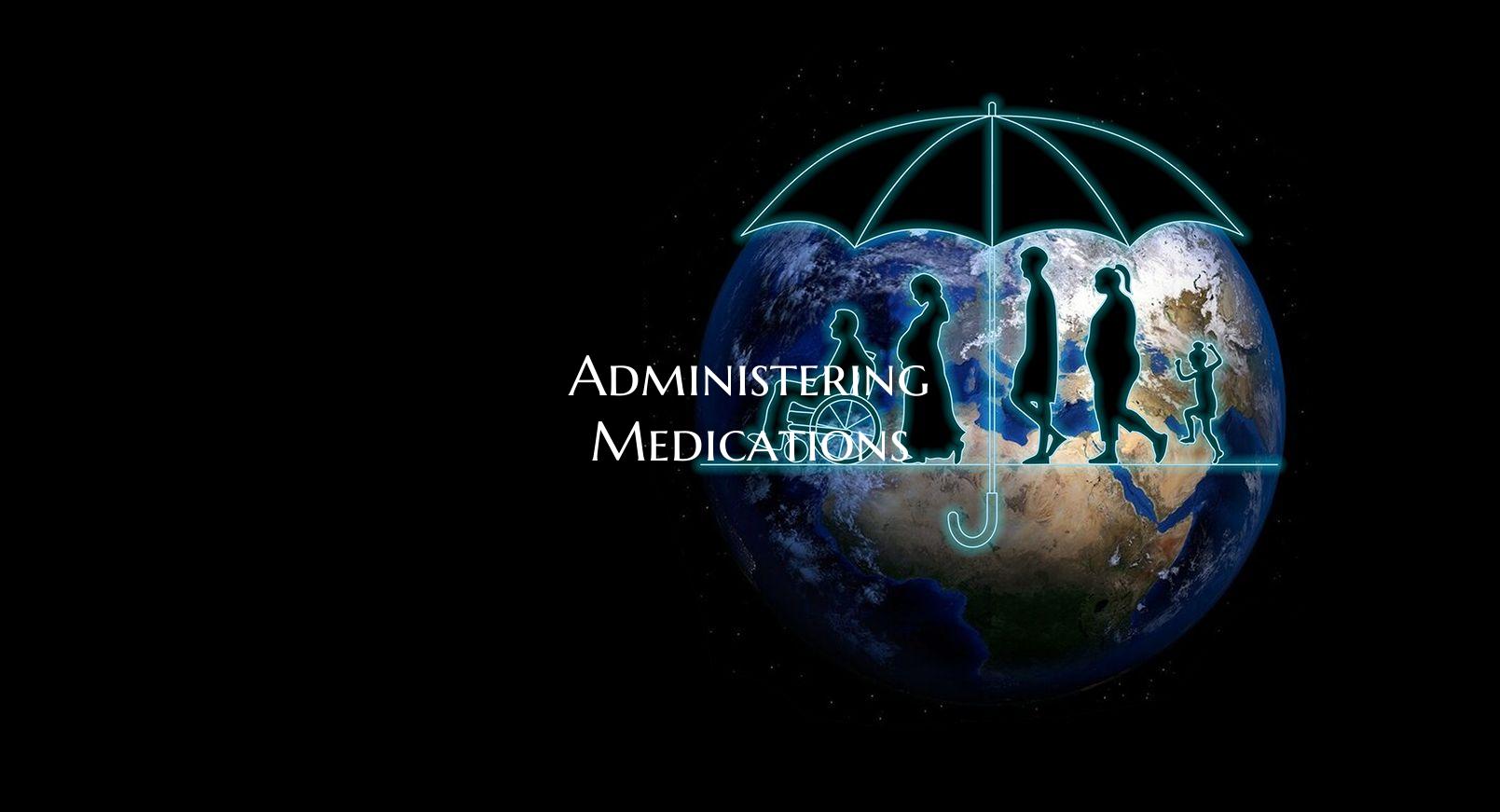
Administering Medications
Administering medications is a vital aspect of healthcare that holds the power to aid in the healing and treatment of various medical conditions. Whether you are a healthcare professional, caregiver, or an individual managing your own medications, understanding the proper techniques and considerations when administering medications is crucial for ensuring efficacy and safety.
1. Importance of Proper Administration: Proper administration of medications is essential to achieve the desired therapeutic effects and prevent any potential harm. It helps maintain the correct dosage levels in the body, maximizes the benefits of the medication, and reduces the risk of adverse reactions.
2. Types of Medications: Medications come in various forms such as tablets, capsules, liquids, injections, patches, and inhalers. Each type requires specific administration techniques to ensure accurate dosing and effective delivery.
3. Following Prescribed Instructions: It is crucial to follow the prescribed instructions provided by healthcare professionals or outlined on the medication label. This includes the right dosage, frequency, time of administration, and any special instructions such as taking with food or avoiding certain activities.
4. Proper Storage and Handling: Medications should be stored properly in a cool, dry place away from direct sunlight and out of reach of children and pets. It is important to check the expiration date and discard any expired or damaged medications.
5. Administering Oral Medications: When administering oral medications, ensure that the patient swallows the medication with water unless instructed otherwise. For individuals with swallowing difficulties, certain medications can be crushed or mixed with food as per the healthcare provider's guidance.
6. Administering Injectable Medications: Injectable medications require proper techniques for preparation, administration, and disposal of needles and syringes. It is crucial to follow aseptic techniques to prevent infections and ensure accurate delivery of the medication.
7. Monitoring for Adverse Effects: After administering medications, it is important to monitor the patient for any adverse effects or allergic reactions. Seek medical attention if any unexpected symptoms occur.
8. Medication Reconciliation: Keeping an updated list of all medications, including prescription drugs, over-the-counter medications, and supplements, is essential for medication reconciliation. This helps healthcare providers ensure safe and effective treatment by avoiding drug interactions and duplications.
In conclusion, administering medications responsibly and accurately is a fundamental aspect of healthcare delivery. By understanding the importance of proper administration techniques, following prescribed guidelines, and actively monitoring for any adverse effects, individuals can help promote the safe and effective use of medications in managing health conditions.